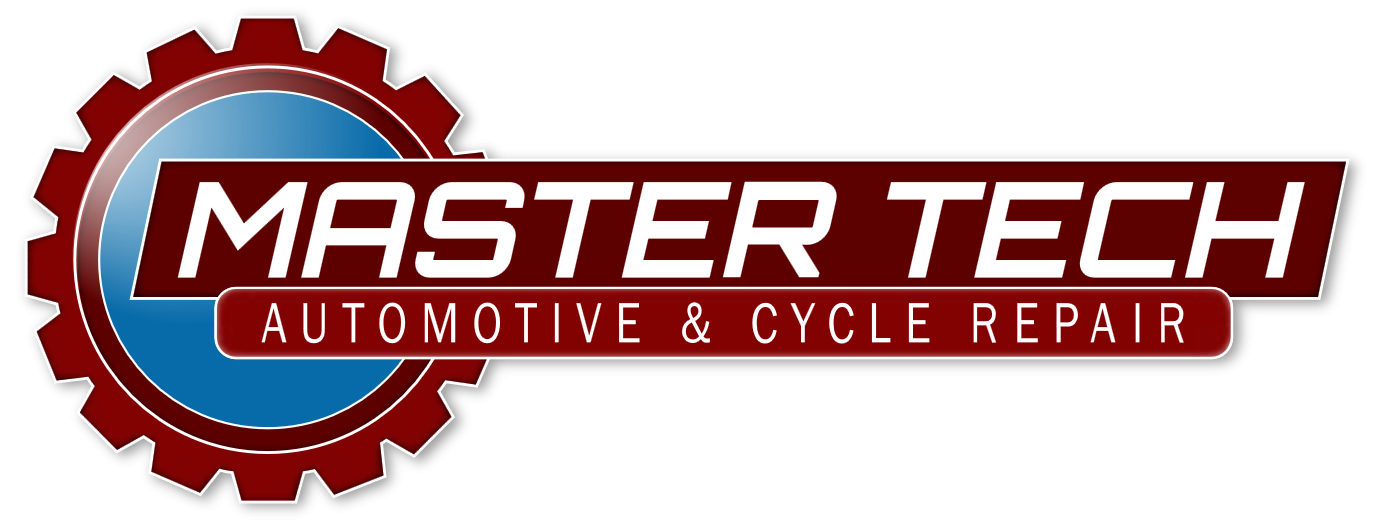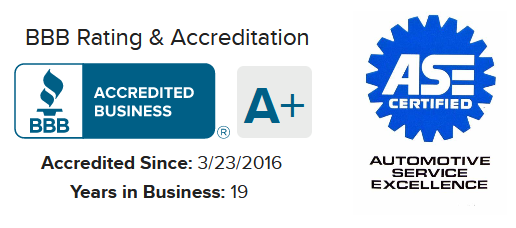
Anyone who owns a car knows how annoying it can be to figure out when exactly to get your oil changed. You don’t want to wait too long and risk issues with your vehicle, but you don’t want to waste time or money doing it earlier than necessary either.
Oil changes are one of the simplest, yet crucial maintenance tasks that can significantly influence the longevity and efficiency of your car. But there are so many variables at play, determining the ideal interval can be tricky. Let’s break down what you need to consider in this situation:
It’s Not One-Size-Fits-All
The traditional advice has often been to get your oil changed every 3,000 miles or every three months, whichever comes first. However, this can vary significantly based on several factors:
Type of Oil: Synthetic vs. Conventional
If your car uses synthetic oil, it generally allows for longer intervals between oil changes. Synthetic oil is designed to last longer and perform better at extreme temperatures than conventional oil, meaning you might go 5,000 to 7,500 miles before needing a change. On the other hand, vehicles using conventional oil might need more frequent changes, sticking closer to the 3,000-mile mark.
Your Driving Habits
Do you frequently hit the road for long trips, or is your car mostly used for short, stop-and-start journeys around town? Frequent short trips can be a bit harder on your oil because the engine doesn’t always reach the optimal temperature that helps burn off moisture and impurities. This might necessitate more frequent oil changes.
Vehicle Age and Manufacturer Recommendations
It’s important to check your vehicle’s owner’s manual for the manufacturer’s recommendations. Newer models, especially those with a computer system that monitors various factors of your driving habits, might have specific guidelines that differ from older models.
Why Regular Changes Matter
Changing your oil regularly is about far more than keeping your engine running smoothly – it’s about preventing costly repairs down the line. Old, dirty oil can lead to increased friction and heat, which can wear out your engine faster and eventually lead to engine failure.
Keeping Your Engine Happy
The cost of an oil change is a small price to pay compared to engine repairs. If you’re interested in making sure your car’s oil is fresh and your engine is happy, swing by Master Tech Automotive and Cycle Repair in Henderson, NV. Our team is ready to help ensure your vehicle is in tip-top shape with products and services suited exactly to your car’s needs. Call 702-641-9389 today for more information!


Leave a Reply
You must be logged in to post a comment.